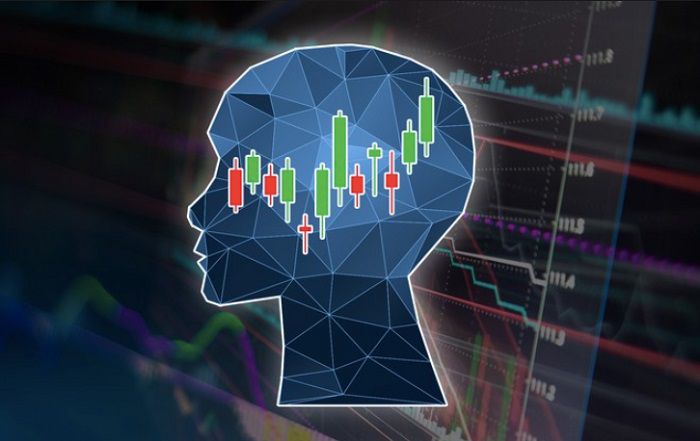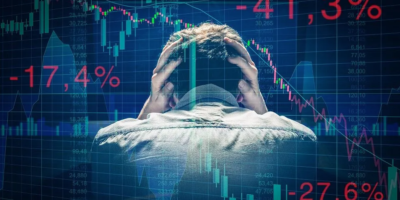 Trading is an inherently human activity, and as such, traders are prone to cognitive biases that can impact their decision-making. By understanding these biases and learning to recognize them in your own trading, you can develop strategies to mitigate their impact and make more informed decisions.
Trading is an inherently human activity, and as such, traders are prone to cognitive biases that can impact their decision-making. By understanding these biases and learning to recognize them in your own trading, you can develop strategies to mitigate their impact and make more informed decisions.
- Confirmation bias
Confirmation bias is the tendency to seek out information that confirms pre-existing beliefs, while ignoring or discounting information that contradicts those beliefs. In trading, this can lead traders to hold onto losing positions for too long, as they seek out information that confirms their belief that the position will eventually turn around. To combat confirmation bias, traders should seek out diverse perspectives and challenge their own assumptions.
- Overconfidence bias
Overconfidence bias is the tendency to overestimate one’s own abilities and knowledge, leading to overtrading or taking on too much risk. To combat overconfidence bias, traders should maintain a trading journal to track their decisions and performance, seek out feedback from others, and maintain a clear trading plan with defined risk management strategies.
- Herding bias
Herding bias is the tendency to follow the crowd, rather than making independent decisions based on one’s own analysis. In trading, this can lead to buying into market bubbles or selling off during market crashes. To combat herding bias, traders should seek out diverse perspectives and maintain a clear understanding of their own risk tolerance and investment goals.
- Anchoring bias
Anchoring bias is the tendency to rely too heavily on the first piece of information encountered when making a decision, even when that information is irrelevant or inaccurate. In trading, this can lead to making decisions based on outdated or inaccurate information. To combat anchoring bias, traders should seek out multiple sources of information and maintain a clear understanding of current market conditions.
- Loss aversion bias
Loss aversion bias is the tendency to be more sensitive to losses than to gains, leading to a reluctance to take risks and an overemphasis on avoiding losses. In trading, this can lead to holding onto losing positions for too long, as traders are reluctant to accept the loss. To combat loss aversion bias, traders should maintain a clear understanding of their own risk tolerance and investment goals, and implement defined risk management strategies.
- Recency bias
Recency bias is the tendency to rely too heavily on recent events when making decisions, rather than taking a longer-term perspective. In trading, this can lead to making decisions based on short-term fluctuations in the market, rather than a clear understanding of market trends. To combat recency bias, traders should maintain a clear understanding of long-term market trends and maintain a disciplined approach to their trading decisions.
- Availability bias
Availability bias is the tendency to rely on information that is easily available, rather than seeking out more complete or accurate information. In trading, this bias can lead traders to make decisions based on incomplete or biased information, leading to poor trading outcomes.
- Gambler’s fallacy
Gambler’s fallacy is the belief that past outcomes influence future events, even when the two are not related. In trading, this bias can lead traders to make decisions based on past performance, rather than current market conditions, leading to poor trading outcomes.
- Self-attribution bias
Self-attribution bias is the tendency to attribute success to internal factors and failures to external factors. In trading, this bias can lead traders to take credit for successful trades, while blaming external factors, such as market volatility or news events, for losing trades.
- Framing bias
Framing bias is the way in which information is presented can influence decision-making. In trading, this bias can lead traders to make decisions based



Leave a Reply